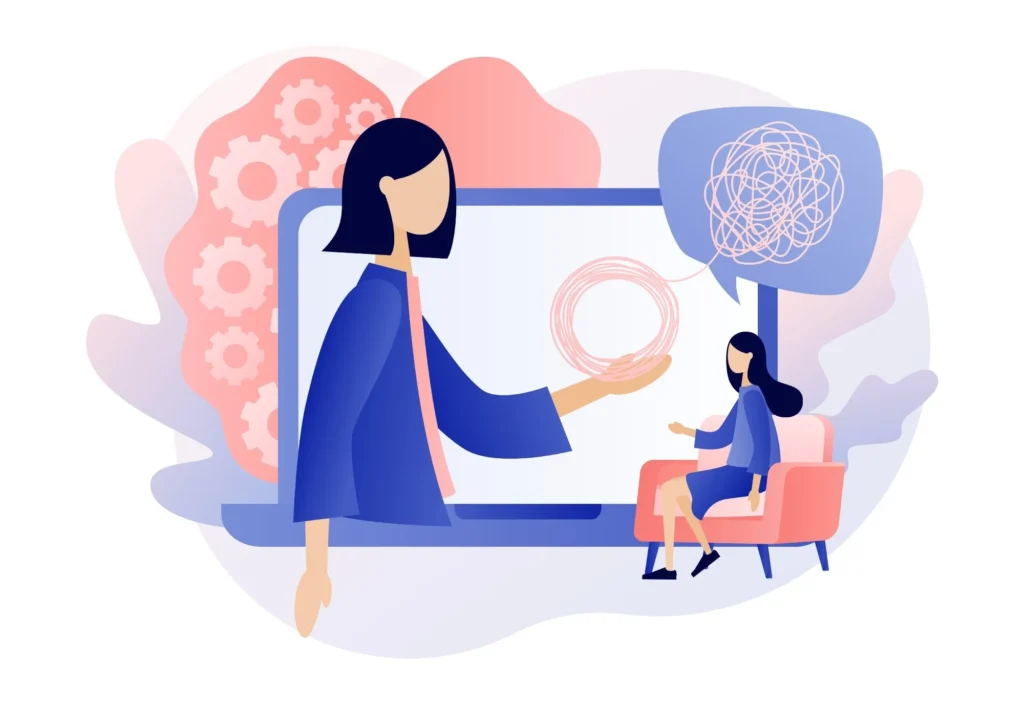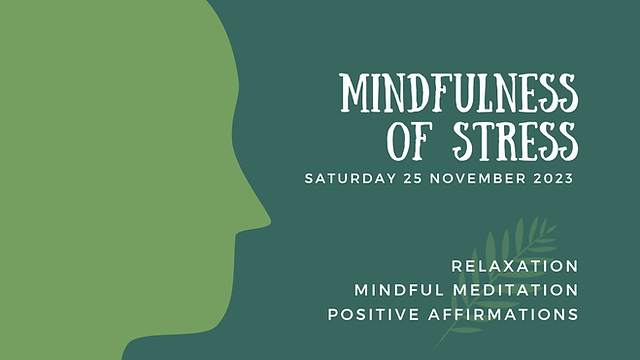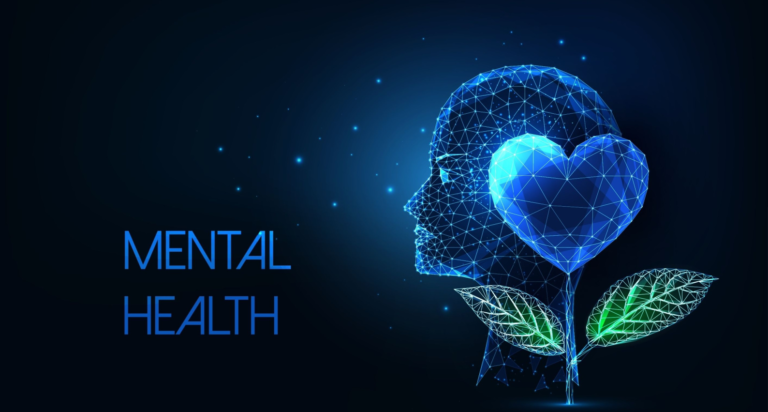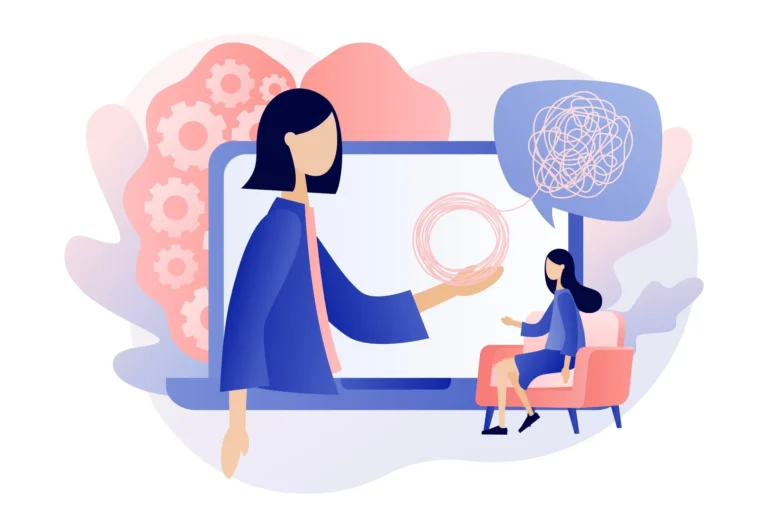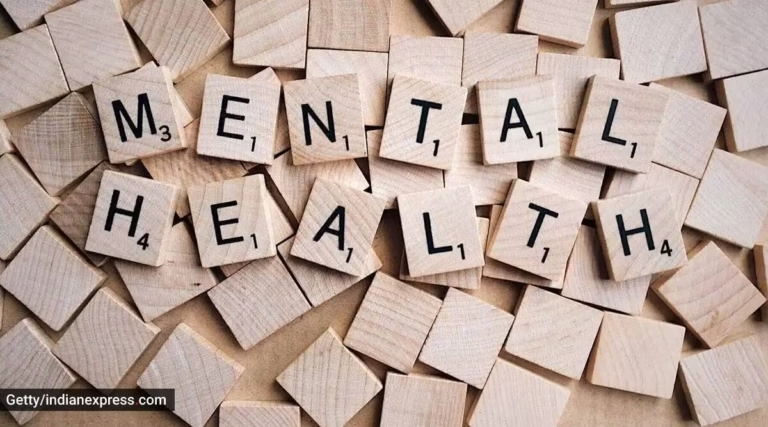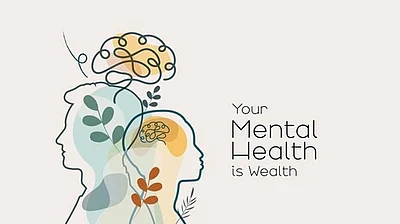The interplay between technology and mental health has become a focal point of modern discourse. With advancements in digital tools, mobile applications, and virtual platforms, technology has transformed the way we approach mental well-being. However, while it offers solutions, it also presents challenges that demand a balanced understanding. This article explores the profound impact of technology on mental health, shedding light on its benefits and drawbacks, and how we can harness it responsibly.
The Positive Impact of Technology on Mental Health
1. Accessibility to Mental Health Resources
Technology has democratized access to mental health care. Online platforms and mobile applications offer resources like guided meditations, cognitive-behavioral therapy (CBT) exercises, and stress management tools. Apps like Headspace, Calm, and BetterHelp connect individuals with mental health professionals or provide self-help tools, often at a fraction of traditional costs.
2. Remote Therapy Options
Teletherapy, made possible by video conferencing tools, allows patients to consult with mental health professionals without geographical constraints. This is particularly beneficial for individuals in remote areas or those with mobility challenges.
3. Awareness and Education
Social media platforms and websites are powerful tools for spreading awareness about mental health. Campaigns like #EndTheStigma and Mental Health Awareness Month engage millions, encouraging open dialogue and reducing societal stigma.
4. Community Support
Online communities provide safe spaces for individuals struggling with mental health issues. Platforms like Reddit and Facebook host support groups where users share experiences, coping mechanisms, and encouragement.
5. Data-Driven Insights
Wearable technology and health apps track physiological metrics like sleep patterns, heart rate, and activity levels. These data points help individuals monitor their mental well-being and identify triggers, promoting early intervention.
The Challenges of Technology for Mental Health
1. Digital Addiction
The overuse of technology can lead to digital addiction, characterized by excessive screen time and dependence on devices. This addiction is often linked to issues like sleep disturbances, reduced physical activity, and strained interpersonal relationships.
2. Social Media and Mental Health
While social media connects us, it can also fuel feelings of inadequacy, anxiety, and depression. Curated content, comparison culture, and cyberbullying exacerbate mental health struggles, especially among teenagers and young adults.
3. Privacy Concerns
Mental health apps and online therapy platforms collect sensitive data. Mismanagement or breaches of this information can lead to privacy violations, causing stress and mistrust.
4. Digital Divide
Not everyone has equal access to technology. Socioeconomic disparities mean that marginalized groups may miss out on the benefits of mental health technologies.
5. Over-Reliance on Technology
Relying solely on apps or virtual platforms for mental health support can neglect the value of face-to-face interactions and personalized care.
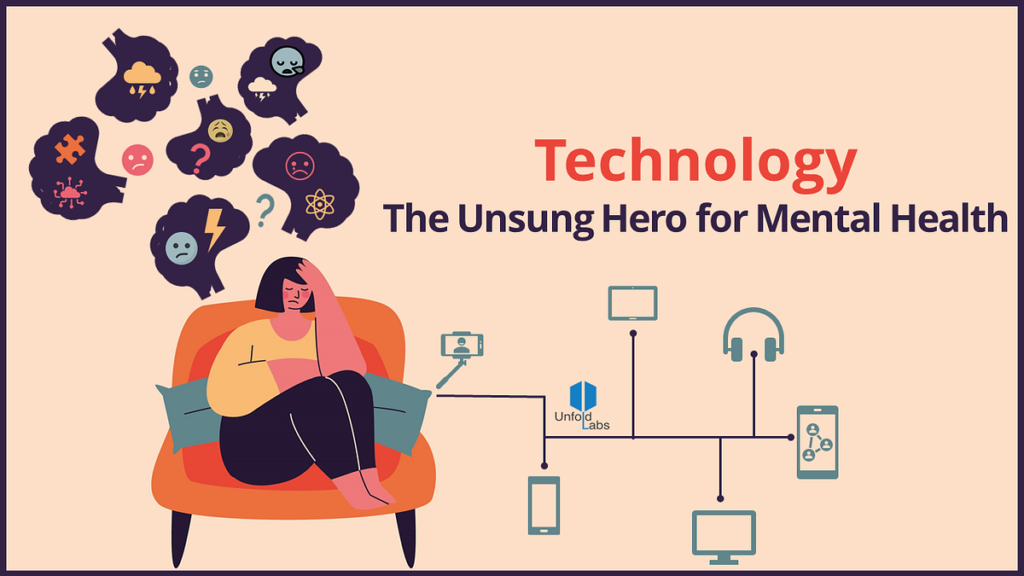
Balancing Technology and Mental Health
1. Setting Boundaries
Healthy boundaries, such as limiting screen time and adopting digital detox practices, are crucial. Apps like Moment and Freedom help individuals monitor and manage their technology usage.
2. Promoting Digital Literacy
Educating individuals about the responsible use of technology fosters better decision-making. This includes recognizing credible resources and being cautious about sharing personal information.
3. Encouraging Holistic Wellness
Technology should complement, not replace, traditional methods of maintaining mental health. Activities like physical exercise, mindfulness, and social connections remain vital.
4. Investing in Equitable Access
Efforts must be made to bridge the digital divide. Initiatives that provide affordable devices, internet access, and educational resources can ensure broader access to mental health technologies.
5. Regulating Digital Platforms
Governments and organizations must enforce stricter regulations to ensure data privacy and curb harmful content on digital platforms.
The Future of Technology in Mental Health
As technology evolves, so do its applications in mental health. Artificial Intelligence (AI) is already being used to detect early signs of mental illness through voice analysis and behavioral patterns. Virtual Reality (VR) offers immersive therapies for phobias and PTSD. Meanwhile, the integration of mental health features into everyday devices, like smartphones and wearables, ensures continuous monitoring and support.
However, the ethical implications of these advancements must be carefully considered. Transparency, inclusivity, and a human-centered approach are essential for building trust and ensuring that technology serves as a tool for healing, not harm.
Conclusion
Technology has the power to revolutionize mental health care, making it more accessible, personalized, and effective. Yet, it is a double-edged sword that requires mindful usage and systemic regulation. By embracing its benefits and mitigating its risks, we can create a future where technology acts as a catalyst for mental well-being rather than a source of distress.

